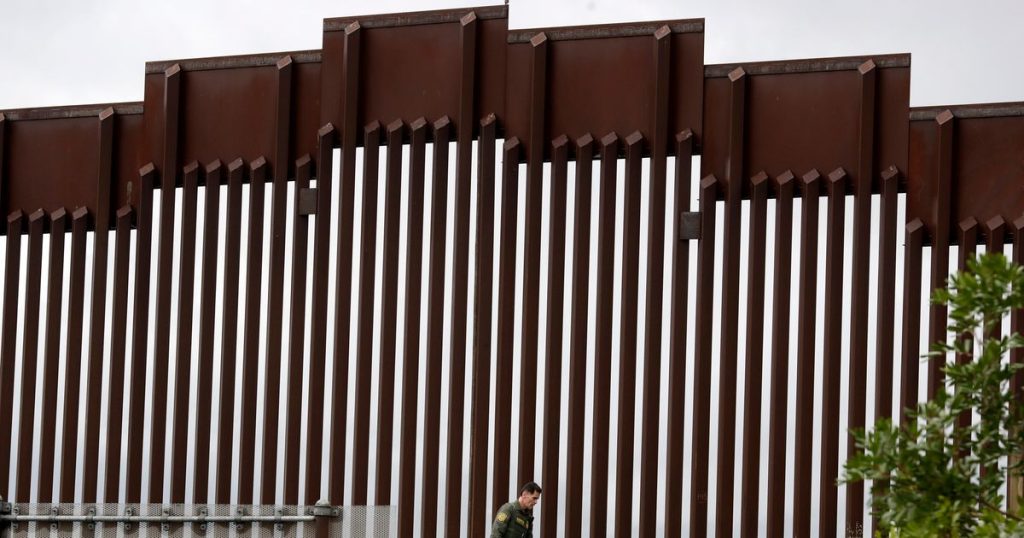In San Diego, a federal judge questioned the Biden administration’s stance that it is not responsible for housing and feeding migrant children at makeshift camps along the U.S.-Mexico border. The Border Patrol does not dispute the poor conditions at these camps where migrants wait for processing, but the key question is whether the children are in legal custody, triggering a 72-hour limit on detention and other protections. Advocates seek to enforce a 1997 settlement that outlines conditions for migrant children, but the judge did not rule on the matter following a recent hearing.
Children traveling alone are typically handed over to the U.S. Health and Human Services Department within 72 hours to be released to family in the United States while their asylum cases are reviewed. Families seeking asylum are also often released in the U.S. while awaiting court proceedings. The legal challenge focuses on camps in California where migrants wait for processing, sometimes for days, as overwhelmed Border Patrol agents prioritize whom to process first. Advocates argue that agents often direct migrants to these camps, with the Justice Department refuting claims that they are detention sites.
The Justice Department asserts that smugglers send migrants to the camps, and that agents providing water and snacks is a humanitarian gesture. They argue that agents sending or escorting migrants to the camps is no different from law enforcement directing traffic to prevent disorder. Despite this, advocates maintain that conditions at the camps fail to meet necessary standards for the treatment of migrant children. The Border Patrol has implemented measures to speed up processing, arresting migrants at the camps within 12 hours and increasing the number of buses available for transportation.
Migrants waiting at the camps in San Diego included a diverse group primarily from China, India, Afghanistan, Azerbaijan, and Georgia. A volunteer delivered food, drinks, and medical supplies through spaces in the border wall to those waiting. One woman, Kedian William from Jamaica, left her daughter in Jamaica due to financial constraints and her own health issues. She planned to seek asylum in the U.S. and settle with family in New York after fleeing violence in her home country that resulted in the deaths of family members. William attempted to reach the camp multiple times, ultimately waiting for six hours on U.S. soil for processing.


